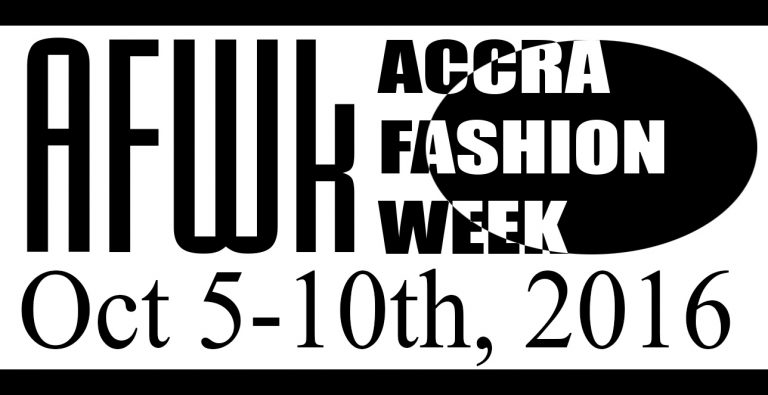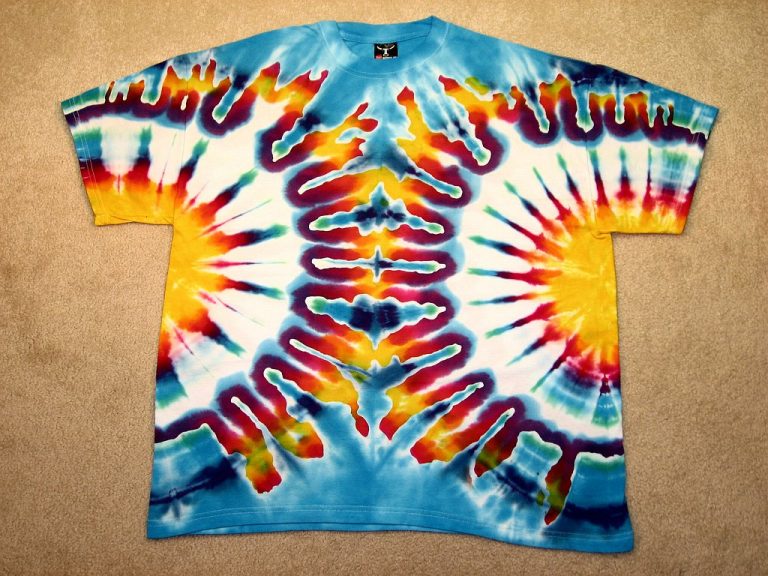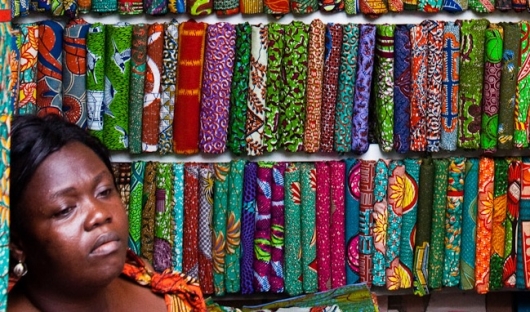Press, Media and Buyer Registration Now Opened For Accra Fashion Week!!
It’s a long way to go but definitely worth the wait. Ghana is soon to host Africa’s biggest Fashion Week and you have every chance to be part of it.
DESIGNERS:
All designers seeking receive our designers package and offers, simply register here. You will then have advanced access to our confirmed buyers, scheduled, designers package and more.
https://www.accrafashionweek.org/designer-registration-2016/
MEDIA:
Fashion won’t be fashion without designers, but trends won’t be trends without media. We look forward to partnering with various media houses, local and international. For more information regarding media accreditation or sponsorship simply Register Here.
https://www.accrafashionweek.org/media-accreditation/
BUYERS
For buyers seeking a focal point to tap into the creativity of fashion from Ghana as well as Africa this may just be what you have yearned for. A fashion week that allows you to view all the latest unreleased creativity from the continent. To receive our buyer packages please do register here.
https://www.accrafashionweek.org/buyers-registration/.
After registration a member of our team will be intouch with you. Look forward to working with yourselves and Good luck!
Accra Fashion Week Set To Centralize African Fashion In Ghana: 5-10th Oct 2016
The dates are finally set for the premier edition of Accra Fashion Week. The long awaited fashion week will take place from 5th-10th October 2016. AFWk aims to deepen the concept of design and success into the world of Africa. Our main focus points are.
For many years Ghana and many African countries have been subdued to clothes and brands from abroad. 2016 is a year of change. Accra Fashion Week will set presidence for the first fashion event in Ghana that will network the efforts of designers to platforms, distribution chains and boutiques outside of Ghana and Africa as a whole.
More information coming soon.
Batik Tie And Dye Business Operators In Ho Cry For Help
Ho, June 18, GNA – Batik Tie and Dye business hitherto, a thriving business in the Volta region, is dying slowly due to financial difficulties, the players in the sector has said.
Mr Stephen Awuku Osabutey, Chief Executive of Batik Tie and Dye Traders Association in the Volta Region told the Ghana News Agency (GNA) in Ho on Wednesday that both the Micro- finance and Small Loans Centre (MASLOC) and the National Board for Small Scale Industries (NBSSI) have not been able to help the Association.
He said a printing machine acquired by the Association for large-scale production, was lying idle due to lack of funds to purchase raw materials for production.
Mr Osabutey said the situation had made the price of batik tie and dye to jump from GH¢1.50 per yard to GH¢2.50 in the Ho Municipality.
He said the Association’s profit margin of GH¢200 on a bale of the cloth had become negative.
Regarding the quality of the Association’s products, Mr Osabutey said the Akosombo Textiles Limited, has recommended their products to boutique operators, fashion designers and individuals.
He said the Association, therefore, needed financial assistance to revamp its operations.
Mr Kwasi Mawuena Amedome, Technical Officer of the Association said it was capable of meeting international orders and appealed to institutions responsible for promoting small-scale businesses to come to their aid.
When contacted, Togbe Dzamedzi Nyakpo III, Volta Regional Coordinator of MASLOC, said the Centre was unable to meet the demands of many groups last year because it was re-launching its operations and said many groups would receive assistance this year.
Meanwhile, at a recent dialogue with small and medium scale business operators in the Volta region, under the auspices of the Ghana Journalists Association, lack of financial support for such enterprises as a major problem of the sector was identified.
Source: ModernGhana.com
More Job Losses In Textile Industry; Over 23,000 Workers Gone
The once vibrant Ghanaian textile industry is fast becoming a pale shadow of itself as it continues to lose the fight against cheap pirated imported textiles.
Not only has the influx of pirated textiles affected the profitability of the local manufacturers; workers in the sector have had a fair share of the industry woes.
The textile industry in the 1980’s housed over 20 companies employing over 25,000, but currently, (2015), only four companies are battling for survival and are collectively employing only about 1,700 workers.
Even the surviving companies, Akosombo Textile Limited (ATL), Textyl Ghana Limited (GTP), Printex and the Ghana Textile Manufacturing Company (GTMC) are at an ailing stage looking for ways to survive the competition from the pirated imported textiles.
The General Secretary of the Textiles, Garment and Leather Employees Union (TEGLEU) of the Ghana Federation of Labour, Mr Abraham Koomson, in an interview with the GRAPHIC BUSINESS admitted that the textile industry was not in good shape currently in terms of employment.
“We used to be over 25,000 workers but we have lost about 23,000 plus, so currently, we have less than 3,000 workers in the industry. It is actually not even up to 2000, but we are dealing with conservative figures,” he said.
Currently, GTP employs around 600 workers; ATL has 800 staff while Printex has a workforce of about 300.
Workers in these companies, Mr Koomson said, could not even be assured of a 100 per cent job security as the inability of some of the companies to pay them their retrenchment entitlement had put a hold on the action.
Citing, ATL as a distressed company, he said, the company wanted to retrench more workers but its financial position would not allow it to do that and in the midst of all the financial challenges, the company had workers at home that were currently being paid.
“It happens that the workers stay at home, when they run short of raw materials and they have to pay them, but once they source some raw materials, the workers are called back and when they get finished they go back home,” he said.
He further explained that, “ATL wants to lay off more workers, but because of the entitlements they have to pay, they are reluctant, but eventually they will do it, they will raise money and pay the workers off.”
Per the condition of service of the union, the company is expected to pay workers that are being laid off, three months of their basic pay multiplied by the number of years they have served.
Tegleu is expected to protect the interest of the workers in the sector and to ensure that the companies do not lay off workers without justification.
Mr Koomson explained that the companies go through due processes to lay off workers explaining that, “Once we know the challenges that the company is facing, you cannot turn a blind eye and pretend you don’t know. It is when you know the company has the capacity to do it and they are not doing it that the union can come in.”
The union, he said, was therefore treading cautiously and working closely with surviving companies on how to salvage the industry and protect the workers.
“As a union, we pushed for the establishment of the taskforce that seizes pirated textiles. It is the union that brought about the taskforce and it has sustained the industry till now,” he said.
The task force was set up by government to help curb the menace of the huge import of pirated textiles. It is made up of representatives from the Ministry of Trade and Industry, security agencies, Ghana Standards Authority, the local manufacturers and some trade unions.
For instance, in October 2010, the taskforce seized and destroyed 400 pieces of pirated textiles worth GH¢20,000. In August 2011, about 580 pieces of pirated textiles were confiscated from traders in various markets across the country and destroyed at the Kpone Landfill site, in Tema. Similar exercises also took place in 2012 and in December 2013, 1,035 pieces were confiscated.
Source: Graphic.com.gh
test
test





